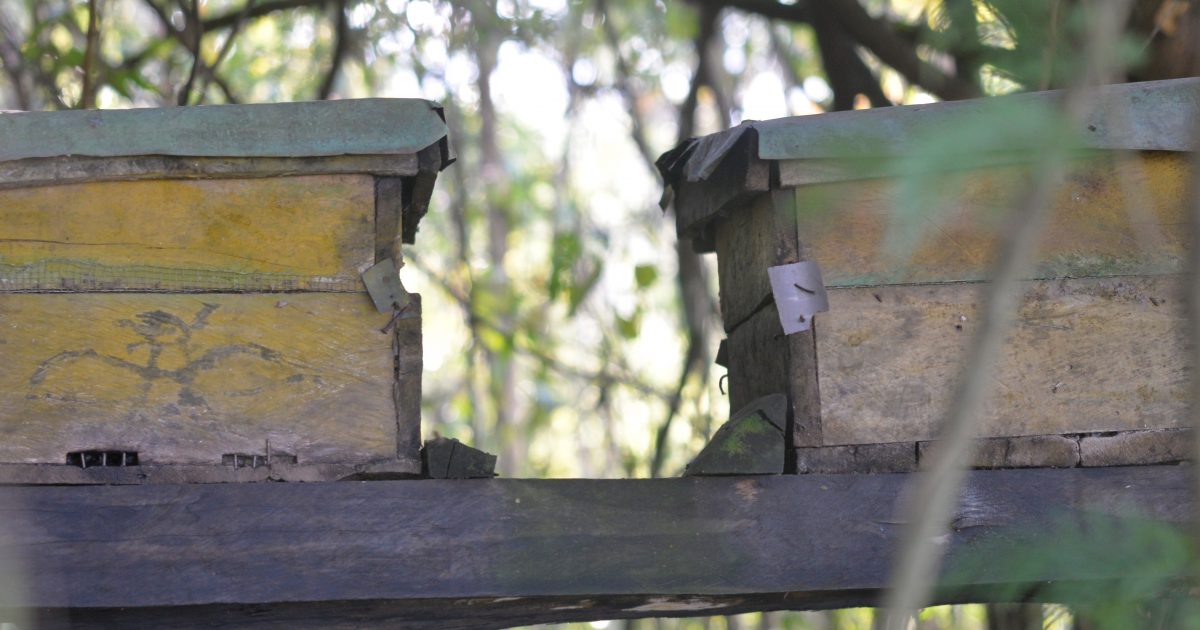Bee-keeping is one of the lucrative farming activities that have not been exploited to the optimum by farmers in the country.
A report from the Ministry of Agriculture shows that in 2020, Kenya produced 17,801 tonnes of honey up from 13,877 tonnes previous year which represented an increase of 28.28 per cent. According to Kenya’s National Farmers Information Service, the country is only producing 20,000 metric tonnes instead of an estimated 100,000 metric tonnes required in the country per year.
Kenya is currently facing a shortage of honey, forcing it to rely on neighbouring Tanzania to sustain its honey demand. Deforestation and pollution of environment through use of farm chemicals among others is said to affect the bee population in areas where farmers depend or want to practice bee farming.
A report from the World Health Organization (WHO) shows that raw honey is a good source of antioxidants. Raw honey is said to contain an array of plant chemicals that act as antioxidants.
Secondly, honey is said to contain some antibacterial and antifungal properties that can help in healing of wounds. Honey also helps in digestive issues, boosts immunity and soothe a sore throat.
In Bomet County, Abai group Self- Help from chororoita in Sotik sub-county consists of 15 members who first started their group as a merry go- round in March, 2014 but after one year they ventured into a bee-keeping project. But the group is yet to achieve its potential in bee-keeping as they are grappling with various challenges in the bee-keeping keeping project.
The idea of bee keeping came from one of the members; Christopher Kitur who says he had earlier ventured into keeping bees as a passion with only two beehives and started selling honey locally which gave him a good income thus, he decided to sell the idea to his group members.
Six members of the group embraced the idea and they constructed seven beehives each thus getting a total of forty-two beehives.
The group also ventured into bee keeping because it’s cost-effective as materials for building bee-hives are easily available in the area and brings in faster and better returns.
Each of the members now have at least two beehives.
The group leader; Charles Cheboror says that there are many types of beehives that include the top-bar, langstroth and the warre hive adding the choice of one’s beehive depends on the preference of a farmer but they chose top -bar as it’s easy to construct.
Cheboror explains that there are different species of bees and how they live together in their colonies. He adds that in every colony there is a queen whose only job is to lay eggs and is highly protected by the other bees.
The farmer also identifies worker bees and the drone. “The worker bee and the queen are both females, but only the queen can produce. The drone is male bee, Worker bees ensure the cleanness of the hive and collect pollen too,” Cheboror says.
“Pollen is a source of food for bees, but also pollen that is dropped by bees which are in flight helps in pollinating crops,” he adds.
Honey production within the group is still low with each member producing an average of around 10 kilogrammes per harvest. Yearly, they produce around 120 kilogrammes which fetch them about Sh. 9,600 as a kilo of honey sells at Sh. 800 on the market but locally they sell at Sh.600.
He adds that they sell their honey individually however, members are expected to remit at least five per cent of what he gets to the organization in order to support its growth.
John Chirchir, a group member says their local customers are mainly the elderly who know the value of natural honey and others use it on the advice of medical doctors.
It’s a great alternative to sugar but only when consumed in moderation. Honey also contains variety of nutrients which helps in boosting of human immunity.
Bees on the other hand plays a vital role in the environment, they help in the life cycle of most plants through pollination thus becoming vital to the nourishment of our environment.
Chirchir says they are experiencing challenges that need the intervention of beehive experts who are however not available in the county to help their bee keeping farming successful.
“Lack of adequate and professional equipment for harvesting honey is a big challenge thus I have to look for a brave local resident who can help me harvest the honey. He sometimes ends up destroying the combs containing the young ones, making the bees to migrate,” Chirchir says.
The group is however optimistic that their project will succeed through the intervention of the experts. They are appealing to the county government to employ agricultural extension workers to educate and support farmers.
Value addition in honey production will attract individuals who want to create opportunities for employment and by extension improve their lives.
Despite the challenges facing this and other bee farming groups in Bomet they are determined to keep forging on and help bridge the existing deficit in the production of this vital product in the country.
By Mabel Keya–Shikuku and Anderson Korir




